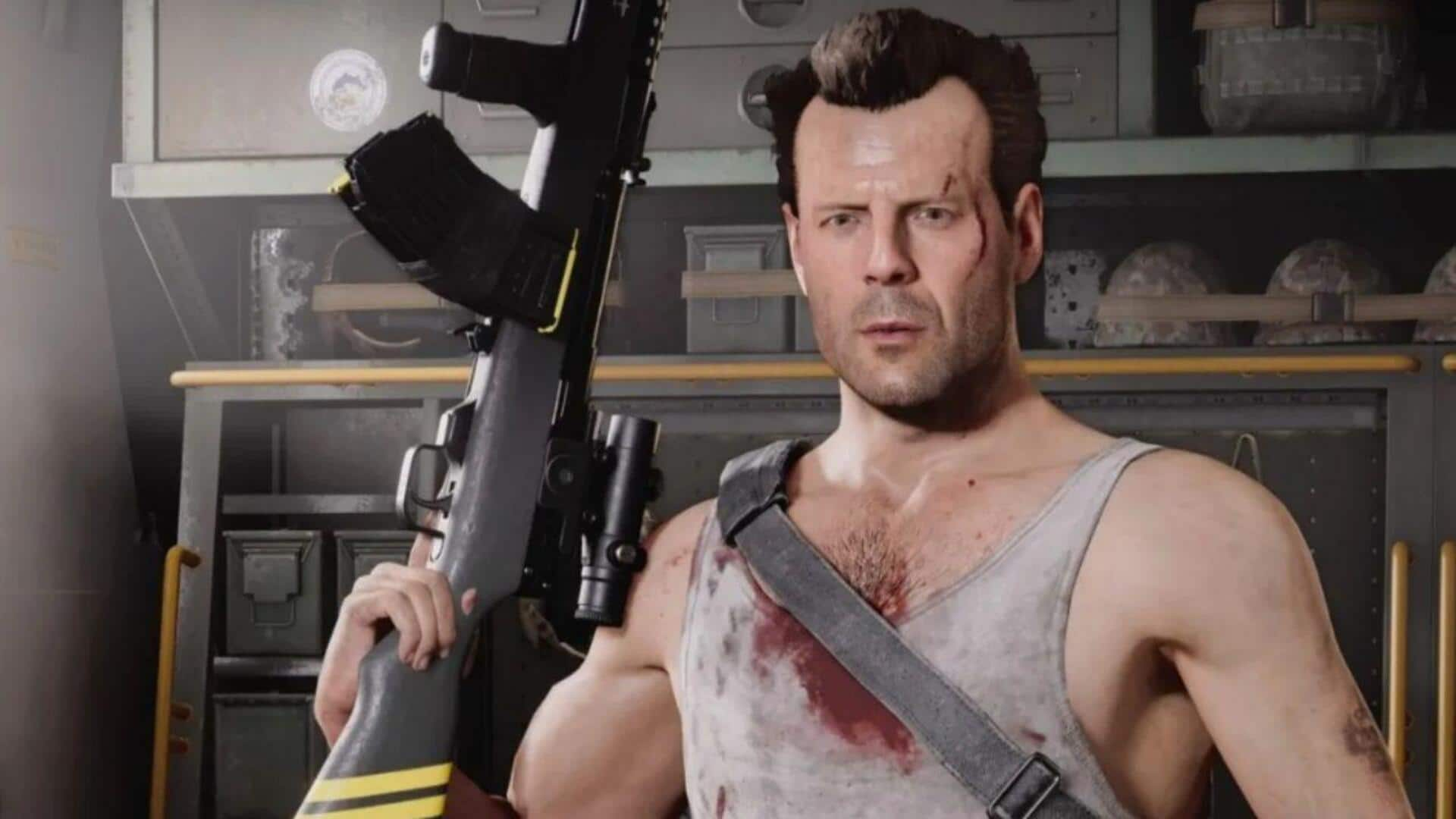
How McClane's relatable heroism reshaped action films
What's the story
John McClane, the iconic character from the Die Hard series, has redefined the action hero archetype in American cinema. His portrayal by Bruce Willis has made him a symbol of resilience and wit, setting a new standard for action protagonists. Unlike the muscle-bound heroes of the past, McClane's everyman persona resonates with audiences, making him relatable yet formidable. This article explores how John McClane changed the face of action films in America.
Relatable persona
The everyman hero
John McClane's appeal lies in his relatable persona. Unlike traditional action heroes who are larger than life, McClane is an ordinary cop with flaws and vulnerabilities. This everyman quality allows audiences to connect with him on a personal level, making his triumphs and struggles all the more impactful.
Signature style
Witty one-liners and humor
One of McClane's defining traits is his sharp wit and humor. His clever one-liners add levity to intense situations, setting him apart from other action heroes who rely solely on physical prowess. This blend of humor and toughness not only entertains but also humanizes the character, making him memorable.
Grounded realism
Realistic action sequences
Unlike many action films that rely heavily on special effects or unrealistic stunts, the Die Hard series features grounded action sequences. John McClane's battles are often set in familiar environments and involve practical effects instead of CGI. This emphasis on realism gives an authentic feel to the films, making the action more intense and believable.
Lasting impact
Enduring legacy in cinema
John McClane's influence extends beyond the Die Hard series. His character has inspired countless filmmakers to adopt a more grounded approach to action heroes. The balance of vulnerability with strength has become a template for modern protagonists, proving that depth can coexist with excitement in cinematic storytelling.